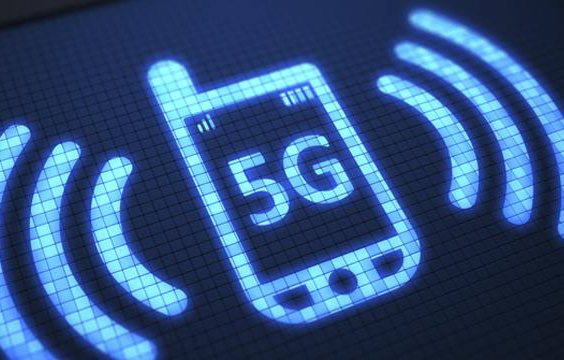导读:我国预计于2022至2023年推广5G,将会发生什么变化?

China is expected to launch a commercial operation of 5G (5th generation) mobile networks in 2020, and to realize a large-scale application in 2022 or 2023, an expert with the Ministry of industry and information technology (MIIT) of China said here in a recent interview with Xinhua.
中国将在2020年推出5G(第5代)移动网络的商业运营,并在2022年或2023 年实现大规模应用,中国工业和信息化部(MIIT)的专家最近接受新华社记者采访时说。
Wang Zhiqin, an expert with the China Academy of Telecommunication research of MIIT, said China started 5G research and development as early as other countries. In 2013, the Chinese government established IMT-2020 (5G) Promotion Group, to boost systematic promotion of 5G.
中国工信部电信研究院专家王志勤说,中国早在其他国家之前就开始了5G的研发。2013年,中国政府成立了IMT-2020(5G)推进组,促进5G系统推广。
As one of the leaders of the group, Wang said MIIT coordinated to conduct the worldwide biggest experiment of 5G technology research and development in January this year, and completed the phase 1 test in September.
作为推进组领导之一的王先生表示,工信部今年1月协调开展了全球最大的5G技术研发实验,并于9月完成了第一阶段的测试。
"China is willing to formulate a unified global 5G standard with other countries," She said, adding that the global research on 5G standard started in March, and it is estimated that the first version will be completed in June, 2018.
“中国愿意与其他国家制定统一的全球5G标准”她说,并补充说,5G标准的全球研究于3月开始,预计第一版将于2018年6月完成。
"We started early and have accumulated a lot of experience," Wang said. "I hope China can be one of the ’dominant players’ in standard formulation."
“我们开始得很早,积累了很多经验,”王说。“我希望中国可以成为标准制定的‘主导者’之一。
She explained that telecommunication is a globalized and huge industry, and customers are looking forward to a unified standard, "we need to be more responsible and cooperate with the international mainstream enterprises."
她解释说,电信是一个全球化的巨大产业,客户期待着统一的标准,“我们需要更加负责任地与国际主流企业合作。”
She said 5G is designed for Internet of Everything (IoE), and 4G offers mobile Internet to people. As the increasing need for low delay and high reliability, 4G faces big challenges.
她说,5G是为一切互联网(IoE)设计的,4G为人们提供移动互联网。随着对低延迟和高可靠性的日益增长的需求,4G面临着巨大的挑战。
"Time delay of 4G is from 10ms to 20ms, but some application scenarios with low delay and high reliability requires less than 0.5ms," Wang said, "and 5G can do that."
“4G的延时是10到20毫秒,但是一些具有低延迟和高可靠性的应用场景要求不到0.5毫秒,”王说,“5G可以做到。”
She took automatic drive as example - "to realize automatic drive, vehicles should be connected with each other and have the ability to avoid crashes in high speed, which needs a very low time delay."
她以自动驾驶为例——“为了实现自动驾驶,车辆应该彼此连接,并具有避免高速撞击的能力,这需要非常低的时间延迟。”
China has attached great importance to 5G in the 13th national Five-Year Plan (2016-2020) and has set the goal of 5G commercialization by 2020.
中国在十三五规划(2016-2020)中十分重视5G,设立到2020年实现5G的商业化目标。








